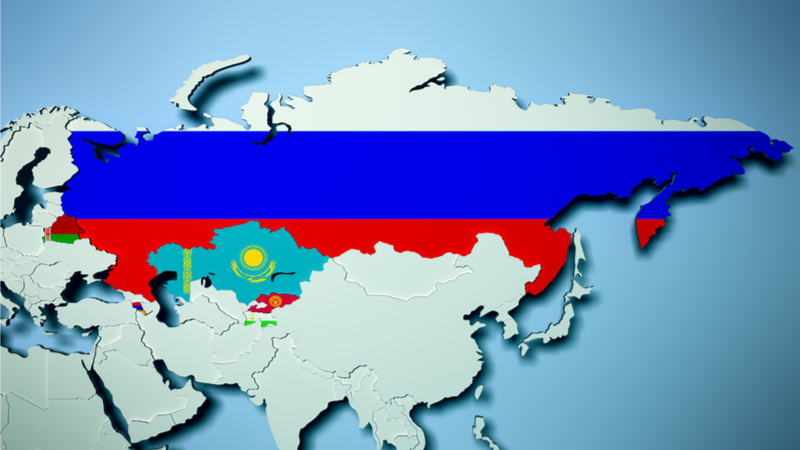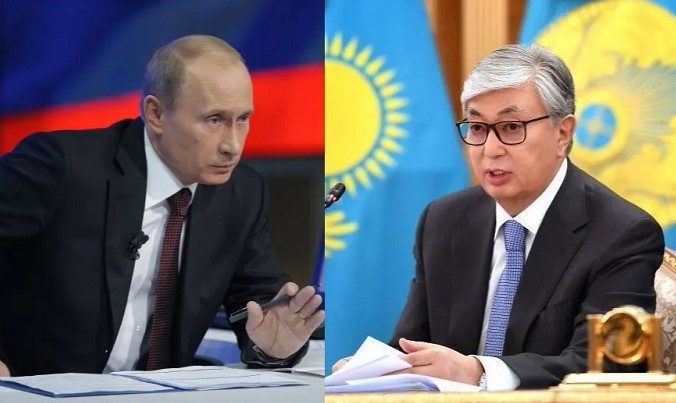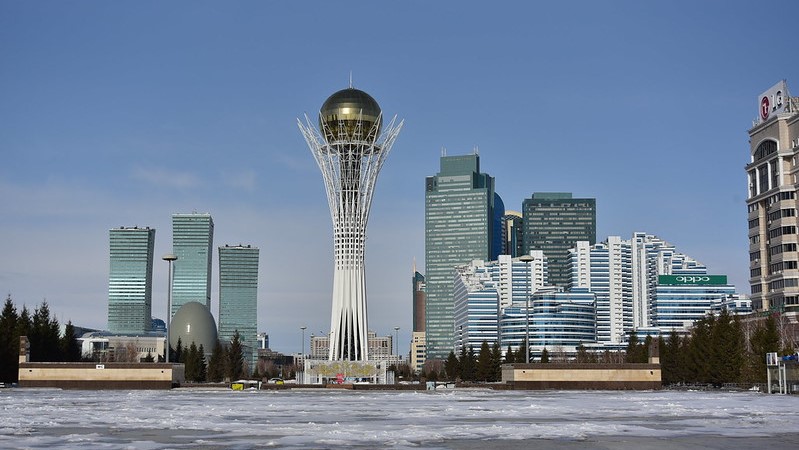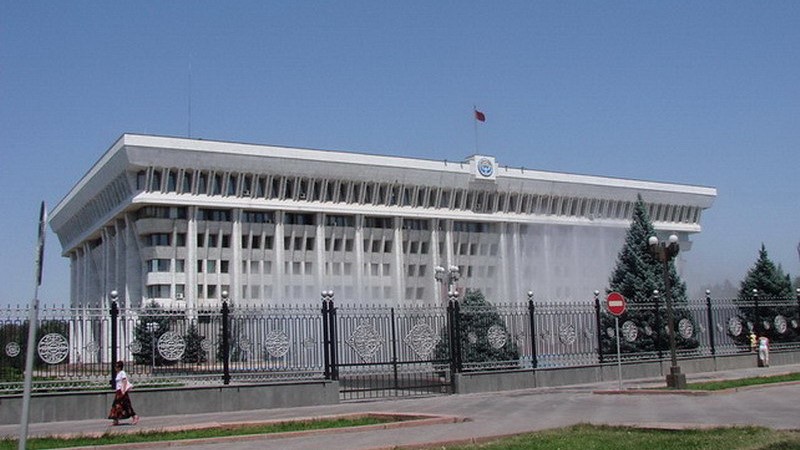Kazakhstan’s Stress Test: The January Tragedy and its Aftermath
By Ariel Cohen
January 24, 2022, the CACI Analyst
In the first weeks of 2022, Kazakhstan experienced its most intense protests since the collapse of the Soviet Union. The causes of the turmoil in the country – like any major upheaval – are multi-faceted and were long in the making. Despite the violence, the speed of crisis resolution is impressive, and the country appears to continue on its path of modernization, reforms, and a balanced foreign policy, which keeps the great powers: U.S., Russia, and China engaged and at a safe distance. Less than three weeks after the violent eruption, the painful “lessons learned” period has begun.

Thirty Years After the Belovezha Accords: Facing Russian Chauvinism, Kazakhstan Reaffirms its Sovereignty
By John C. K. Daly
December 20, 2021, the CACI Analyst
On December 10, 2020, Russian Duma deputy Viacheslav Nikonov claimed that there had been no such country as Kazakhstan in the past, and that the northern part of modern-day Kazakhstan used to be unpopulated. He did so on his “The Great Game” (Большая игра) TV program on the state-backed Channel One, dedicated to the 30th anniversary of the signing of the Belovezha Accords. Rubbing salt in the wound, Nikonov added that “Kazakhstan’s territory is a big gift from Russia,” causing consternation in the Kazakh government and outrage in the country’s media. In light of Russia’s March 2014 unilateral territorial absorption of Ukraine’s Crimea, questions of post-Soviet national territorial sovereignty are not an idle concern.

Kazakhstan, Distancing from Russia, Courts Ethnic Russians
By Dmitry Shlapentokh
September 13, 2021, the CACI Analyst
Kazakhstan is undergoing several contradictory processes that superficially seem disconnected. Relations between Astana and Moscow have worsened visibly, despite the fact that both countries are members of the Eurasian Economic Union (EEU). Influential Russian Duma deputy Viacheslav Nikonov has insisted that Kazakhstan is actually an artificial state created by the Soviet regime. According to Nikonov, the northern part of the country, with a large number of ethnic Russians and/or Russian-speakers, is actually part of Siberia and was an unlawfully given to Kazakhstan. Kazakh authorities rejected these statements and arrested Ermek Taichibekov, an ethnic Kazakh intellectual who has advocated close ties with Russia. Simultaneously, while increasingly hostile to Russia, members of the Kazakh political elite have sought to forge a reconciliatory message, wrapped in historical allusions, to Kazakhstan’s Russians in support of their peaceful assimilation.

Explaining the Kyrgyz-Tajik Border Clash: Hypotheses in Search of Corroboration
By Richard Weitz
July 14, 2021, the CACI Analyst
A century ago, the Italian author Luigi Pirandello wrote a three-act play entitled “Six Characters in Search of an Author,” which explored the difficulty of differentiating between illusion and reality. The analyst of the recent border clash between Kyrgyzstan and Tajikistan faces the same challenge. The event, which saw the most serious fighting between independent Central Asian republics, offers several plausible explanations with divergent policy implications.

Iran and South Caucasus Railway Connections after the Nagorno-Karabakh War
By Vali Kaleji
July 8, 2021, the CACI Analyst
After the Second Karabakh War, the tripartite ceasefire agreement on November 10, 2020, opens a possibility for Iran to become connected to the southern railway network in the South Caucasus. As a result of the First Nagorno-Karabakh War, an important part of the South Caucasus Railway, which passed through the Nakhichevan region, Syunik Province in southern Armenia, and Jabrail, Fizuli and Zangilan regions in southern Azerbaijan, was destroyed or removed from communication routes. As a result, unlike Turkey and Russia, Iran has no rail connection to the Caucasus.





